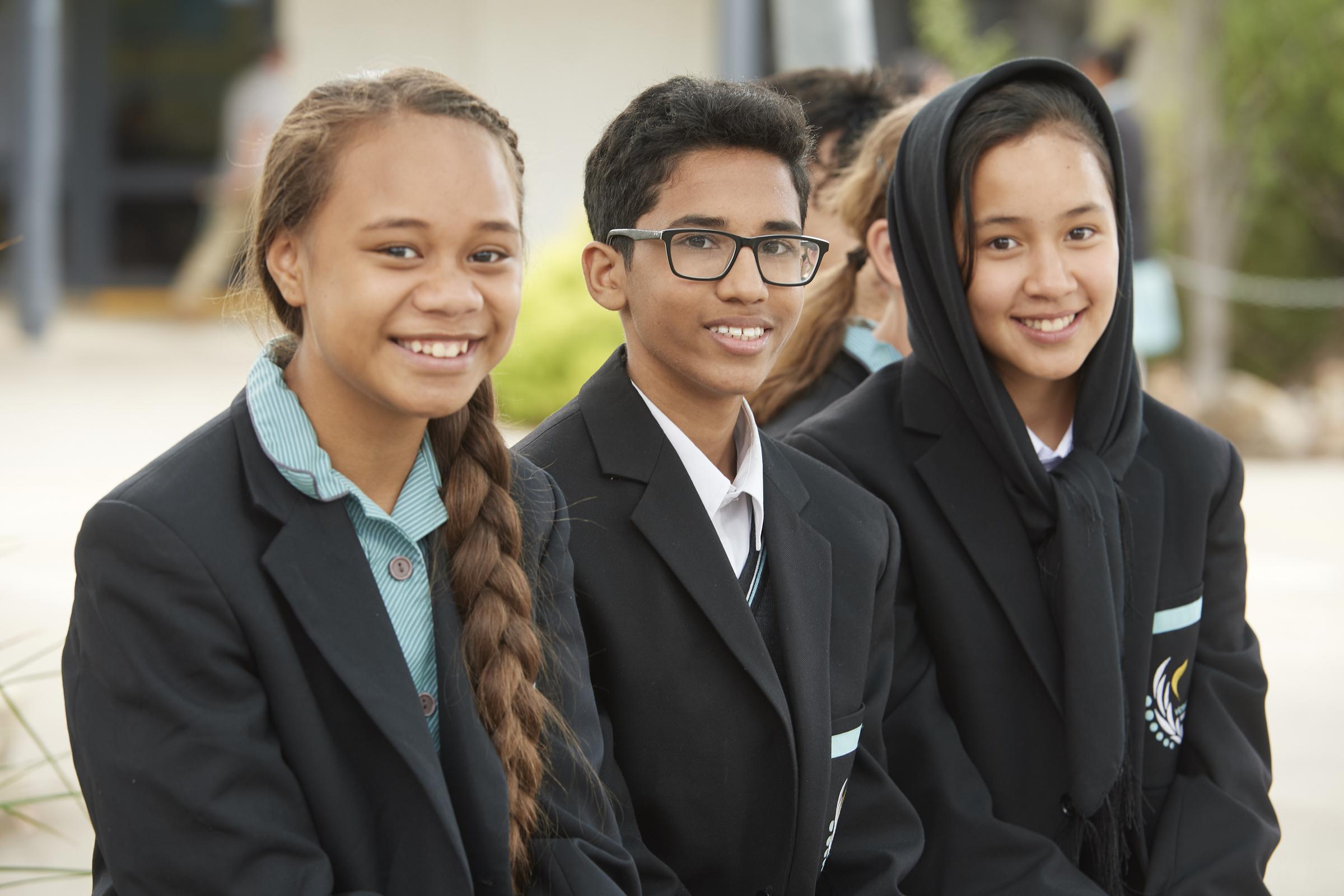Respectful Relationships

Victoria University Secondary College is implementing the Rights, Resilience and Respectful Relationships (RRRR) Program.
This year our newsletters have included information on how to create respect and equality through social emotional learning.
Problem Solving
Problem solving skills are an important part of the coping repertoire and are a key skill for health and wellbeing. By teaching problem solving skills, students can develop critical and creative thinking skills, which helps in exploring personal, social and ethical dilemmas. This will help children evaluate the consequences of various actions and avoid or resolve conflict.
There are many ways you can help identify and support build problem solving skills at home:
- If your child expresses a problem, break the problem down. What is the issue or problem, what are the possible causes, what are some strategies that can be used to address the problem and what are the possible results of the chosen strategies?
- Communicate your critical thinking out loud to your child/family by discussing thoughts and feelings behind decision making.
Stress Management
Children and young people experience a range of personal, social and work-related stressors in their every day lives. Due to these stressors, it is vital that children and young people learn positive stress management skills.
There are many ways you can help build stress management skills at home:
- Proactively discuss stress. What is stress? What does stress look like? Is stress different to challenge? What are some common sources of stress?
- Look for signs of stress in your child. This can include changes in behaviour including avoiding school, feeling irritable, troubles concentrating, changes in eating habits, and expressing fatigue.
- If you are suspecting that your child is stress, talk to them about what is going on. Identify why they are stressed, explore the issue and discuss strategies that can aid with stress. If this is ongoing, seek support from your GP or flag this with the school.
For support in having these conversations please contact: Parentline 13 22 89 Lifeline 13 11 14 Kids Helpline 1800 55 1800 Headspace 1800 650 890 |
